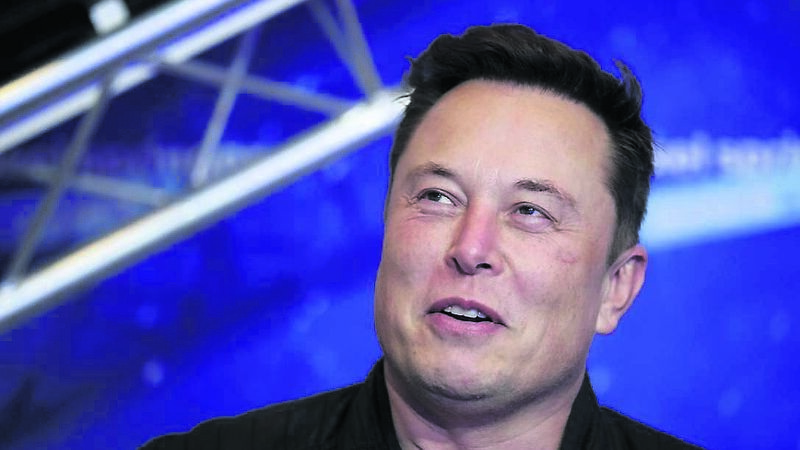Tactical retweets: Musk and Zelenskyy's Twitter tussle shows gulf in mastery of social media

With his tweet, Elon Musk helped to amplify Kremlin propaganda, dispute the sovereignty of Ukraine and suggest it should not defend itself against invaders.











